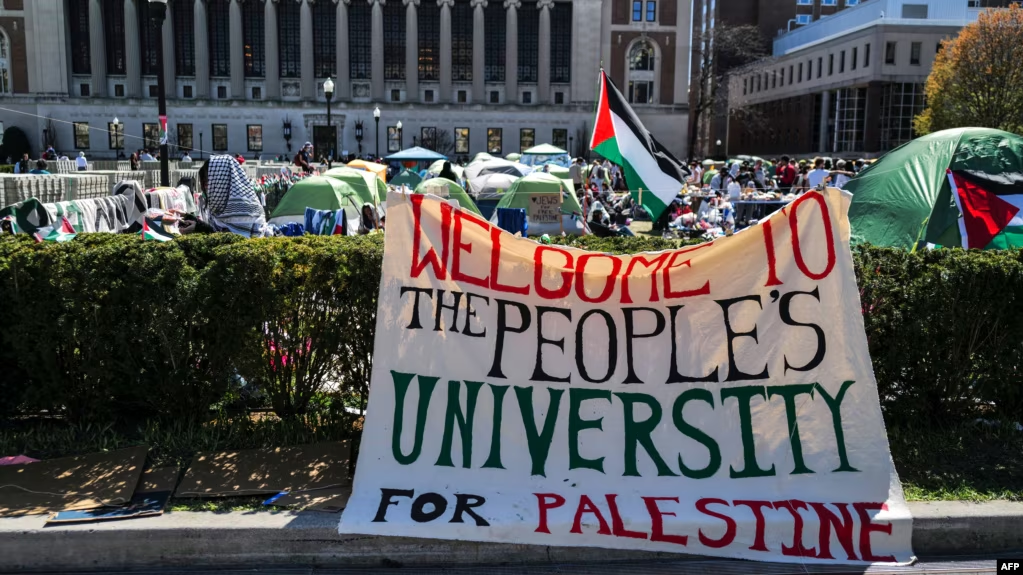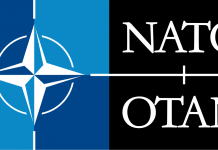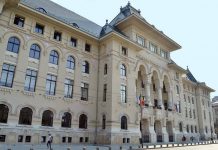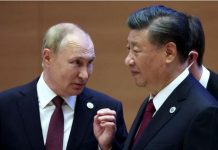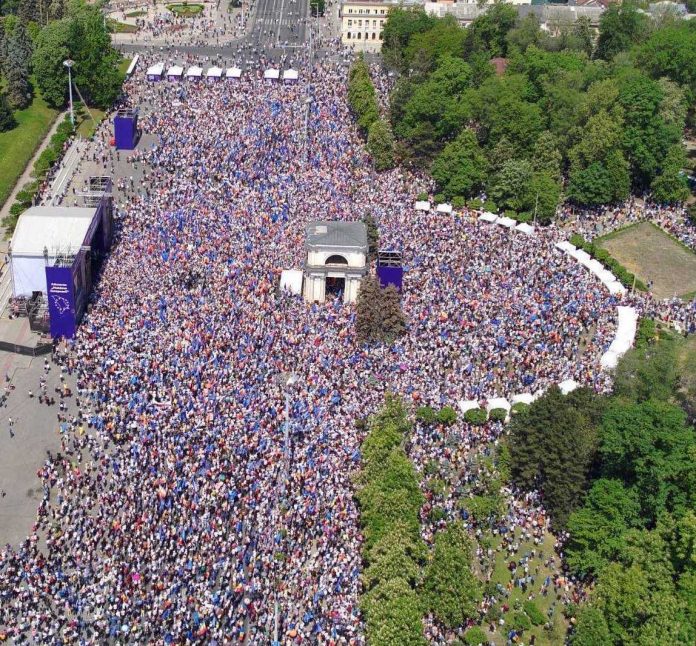Moldova is successfully managing its ethnic diversity and making efforts to create a shared civil identity, although it is still a work in progress and challenges remain, the Council of Europe said on Wednesday.
The Council of Europe said further action was needed to promote and protect the country’s wide cultural and linguistic diversity. It said national minorities, such as Russians and Ukrainians needed to have a better knowledge of Romanian, the state language.
These were some of the main conclusions of the Fifth Opinion on Moldova published on Wednesday by the Council of Europe’s Advisory Committee on the Framework Convention for the Protection of National Minorities (FCNM), which monitors its implementation.
The Advisory Committee urges Moldovan authorities to prioritize the availability of teaching of and in Romanian in public education complemented with measures aimed at strengthening the teaching and use of minority languages, and to address the obstacles to equal access to education experienced by Roma children.
The Opinion highlights that the Republic of Moldova is a multi-ethnic country – with 150 different ethnic groups – where inter-ethnic relations are generally stable, harmonious and peaceful.
It said that „as an indirect consequence of the Russian Federation’s aggression against Ukraine, a stigmatization of the Gagauz and Russian minorities in certain political debates has taken place.:
The Advisory Committee nevertheless praised Moldovan authorities’ „general commitment to protect national minorities and stressed the temporary protection that was provided to several hundred thousand refugees from Ukraine including the fact that refugee pupils and students could continue their education.”
The Advisory Committee welcomed Moldovan authorities inclusive approach with regard to the application of the Framework Convention and do not require proof of citizenship or birth certificates to access minority rights.
The legal framework to combat discrimination and promote equality are comprehensive and have been strengthened, including amendments to the Criminal Code and the Contraventions Code concerning hate speech and incitement to discrimination.
As regards the institutional framework, the Advisory Committee called for sufficient resources for the Agency of Inter-ethnic Relations and the Institute of Cultural Heritage. It also notes that the financial support to ethno-cultural organizations and their activities remains limited compared to the needs.
In the context of the envisaged ratification by the Republic of Moldova of the European Charter for Regional or Minority Languages, the Advisory Committee recalled the need to consider the specificity of the Russian language which remains for many in practice a “language of interethnic communication”, the increasing use of Ukrainian and the need to better promote and protect other minority languages.
The good practice of Roma community-based mediators should be pursued taking into account the actual needs at municipality and community levels, it said.
The Advisory Committee said it regretted the lack of progress in having personal names, including patronymics, recognized and used in identity and administrative documents and invites the authorities to consider, upon request by individuals, introducing bilingual identity documents, using relevant scripts where necessary.
Although the Moldovan society remains largely tolerant, the Advisory Committee said stigmatization and stereotyping against the Roma remain widespread in society and among public officials, fueling discriminatory attitudes. A number of antisemitic incidents have also been reported, it said.
According to official figures, Moldova’s largest national minorities are: Ukrainians (6.6%), Gagauz (4.6%), Russians (4.1%), Bulgarians (1.9%) and Roma (0.3%).
The Opinion, which has been published together with the comments from the authorities, includes a number of recommendations to be considered by the Council of Europe’s Committee of Ministers for appropriate follow-up.
A summary of the Opinion is also available in Romanian.
Moscow poised to counter renewed Moldovan interest in reunification with Romania




